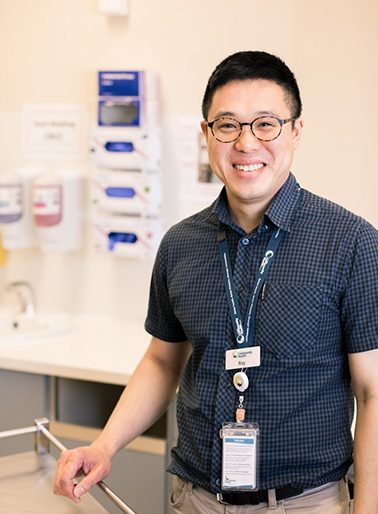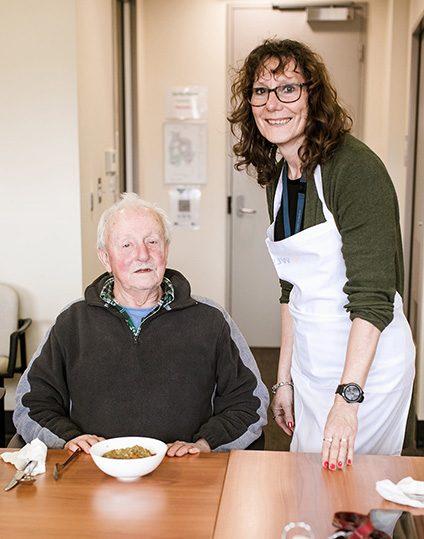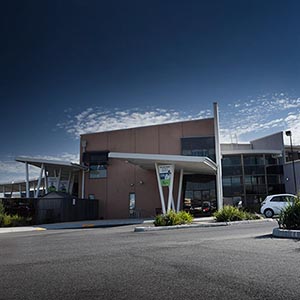Last Wednesday, clients and staff at Annecto received distressing news: the organisation will cease its services in just six weeks. For many, this came as a profound shock.
I have known Annecto for more than 15 years. It has long stood out as a proudly non-religious, independent organisation, welcoming people from all walks of life. Its leadership and staff have always been deeply committed to ensuring their clients — regardless of background — can live independently and with dignity in the community. The news of its closure is both confronting and deeply saddening.
Why is Annecto closing? While we may not yet have all the answers, it’s clear this decision would not have been made lightly. I have no doubt Annecto’s leaders agonised over the choice, ultimately seeing no other viable path forward. There will be extensive analysis in the months to come, but one thing is certain: delivering sustainable home care is deeply rewarding, but also incredibly challenging.
Despite what some might think, providers in this sector face a mountain of complex, often competing demands — from regulatory compliance and payment reconciliation, to workforce shortages and ever-rising expectations around quality. These demands are not without merit. Older Australians and people living with disability deserve a system that offers choice, safeguards quality, and ensures strong oversight. But all of this comes at a cost — financial, operational, and emotional.
Looking ahead, the federal government is preparing to roll out the Support at Home reforms, aiming to deliver more support, more choice, and higher standards than ever before. These are welcome goals. However, greater choice and more tailored options inherently mean greater complexity. That’s why the government was right to delay the program’s start — so the details can be refined and the systems properly tested.
Still, the loss of a respected organisation like Annecto inevitably raises anxiety among clients and families. To them, I offer reassurance: the overwhelming majority of care providers are financially sound and here for the long haul. In fact, government oversight has never been stronger. In recent years, care providers have been subject not only to quality checks, but also financial assessments — making cases like Annecto the exception, not the rule.
In 2023, I was privileged to join Latrobe Community Health Service (LCHS). What I found was a dedicated team of over 1,500 professionals, committed to delivering in-home and community health services with compassion and expertise. For more than 50 years, LCHS has supported thousands of Victorians to live safely and independently at home. With the combined strength of nurses, allied health clinicians, social care specialists, dentists, care workers and support staff — alongside a strong financial foundation — LCHS is well-positioned to serve communities now and into the future.
Yes, the closure of Annecto is a loss. But Australia’s home care system remains strong — bolstered by committed providers like Latrobe Community Health Service, who stand ready to ensure people can continue to live fulfilling lives, in their own homes and communities.

Paul Ostrowski
CEO, Latrobe Community Health Service



